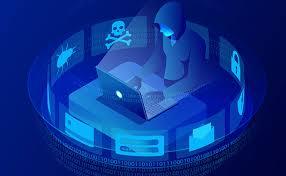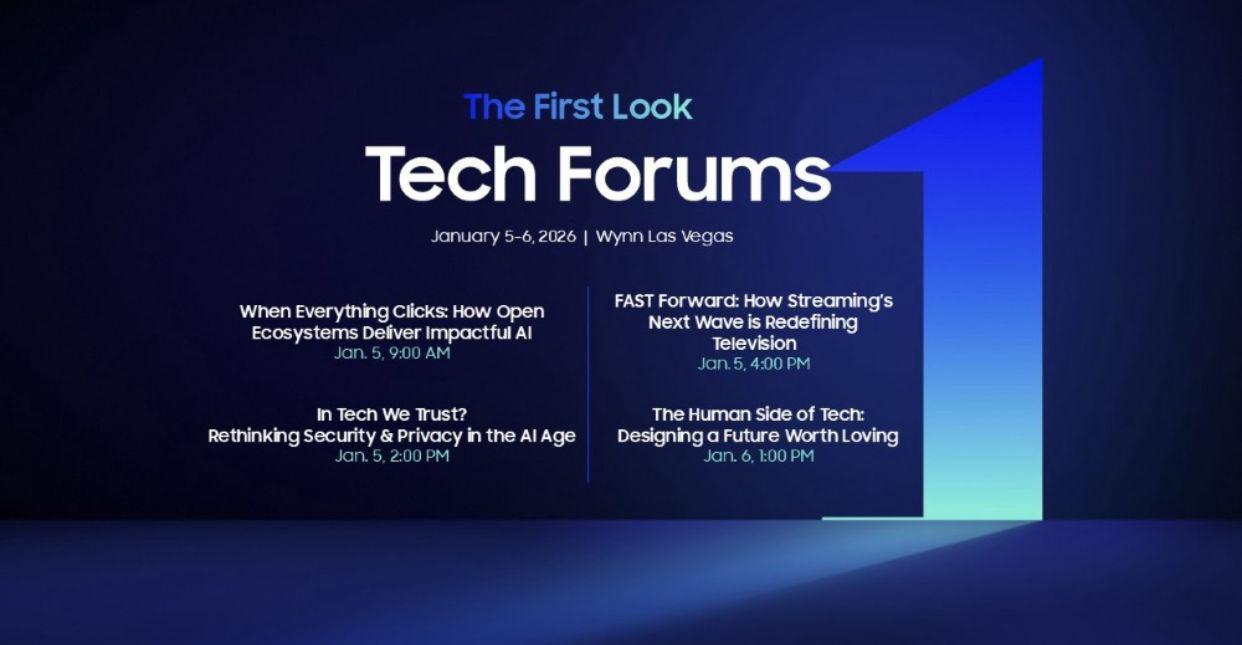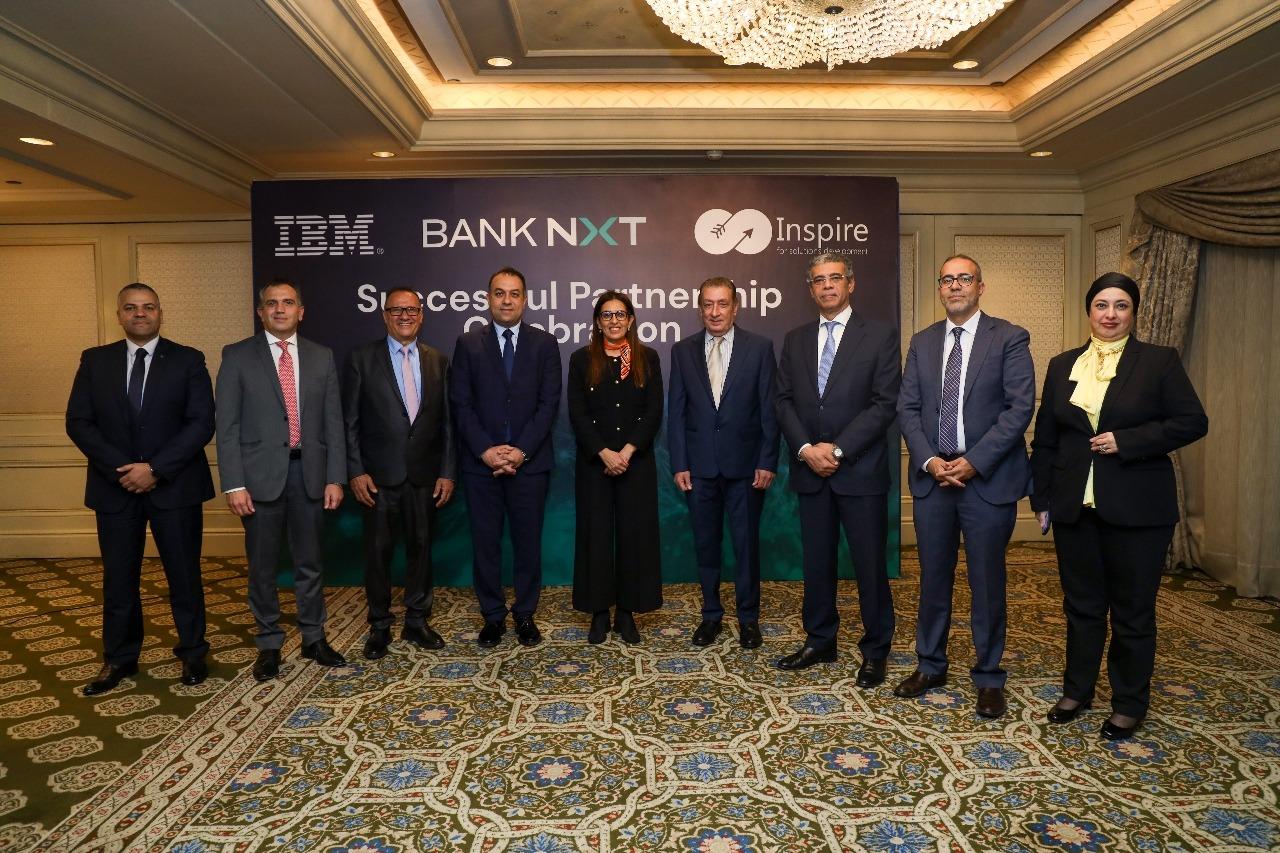By ; Mohamed El Kholy – Nahla Makled
The beginning of the year is always a nice time to take a look on the main developments and incidents that took place in the cybersecurity industry over the past year. To review the impact these events had on organizations and individuals, and predict what they could mean for the overall evolution of the threat landscape, Kaspersky shares its vision on what we could face in terms of cyberthreats in such areas as healthcare, education and ICS attacks in 2021.
Lockdown measures driven by the ongoing epidemiologic situation have changed education systems around the world. Digitalization, which is the main driver of these changes, will maintain momentum in 2021. The integration of social media, video services and games in the educational process have proved to be effective and more of such content is set to be created in 2021. While the number of online students rises, so do related privacy threats.
It is important for both students and educators to pay more attention to the security of their personal data. If the correct security settings are not in place, students’ and teachers’ personal information can be compromised – or individuals could even fall victim to attacks propagated via educational platforms. Additionally, distanced learning also brings new risks of cyberbullying.
Each year actors develop more and more advanced targeted threats. Some closely examined features of industrial businesses and gained access to vast amounts of information about their technological networks. This trend is expected to continue in 2021.
Ransomware attacks against ICS systems in particular will become more targeted and, as a result, even more sophisticated using APT tactics. This is a significant threat since industrial networks have become more vulnerable due to the limits imposed on onsite work and onsite personnel, coupled with an increase in the number of people accessing networks remotely.
Using medical and healthcare topics as bait will continue next year and will remain relevant, at least until the end of the pandemic. The main reason for attackers’ growing interest in medical research was the development of a vaccine against COVID-19. In 2021, the efforts to steal coronavirus research data will continue. As long as the global healthcare community continues to fight the disease, any company that claims significant success in the development of a vaccine will become a potential victim of targeted attacks.
However, the focus on digital security in hospitals offers hope that in 2021 there will be more collaboration between cybersecurity experts, organizations and healthcare systems. Experience has shown that big crises, like the pandemic, push organizations to pay more attention to protecting their infrastructure.













































































